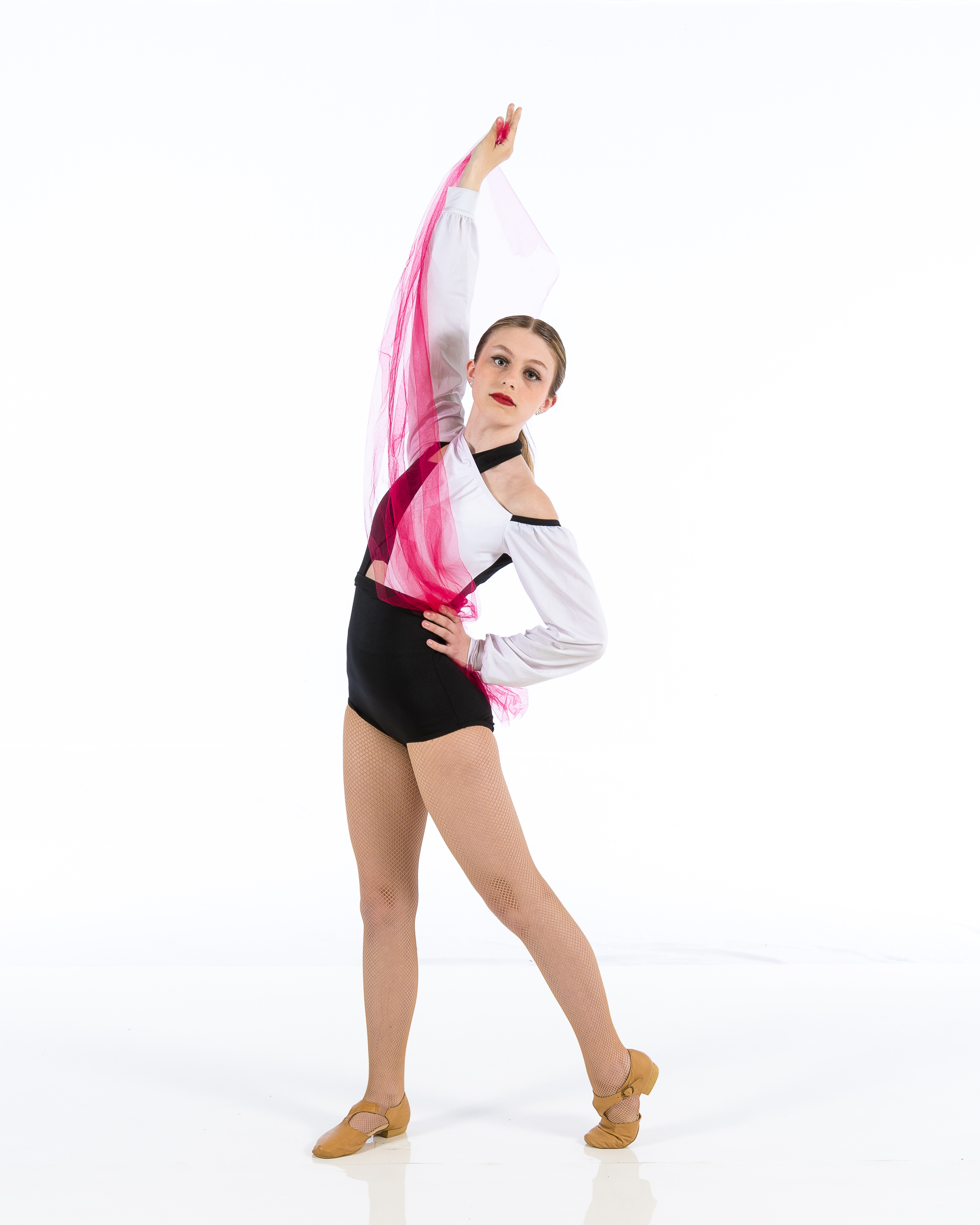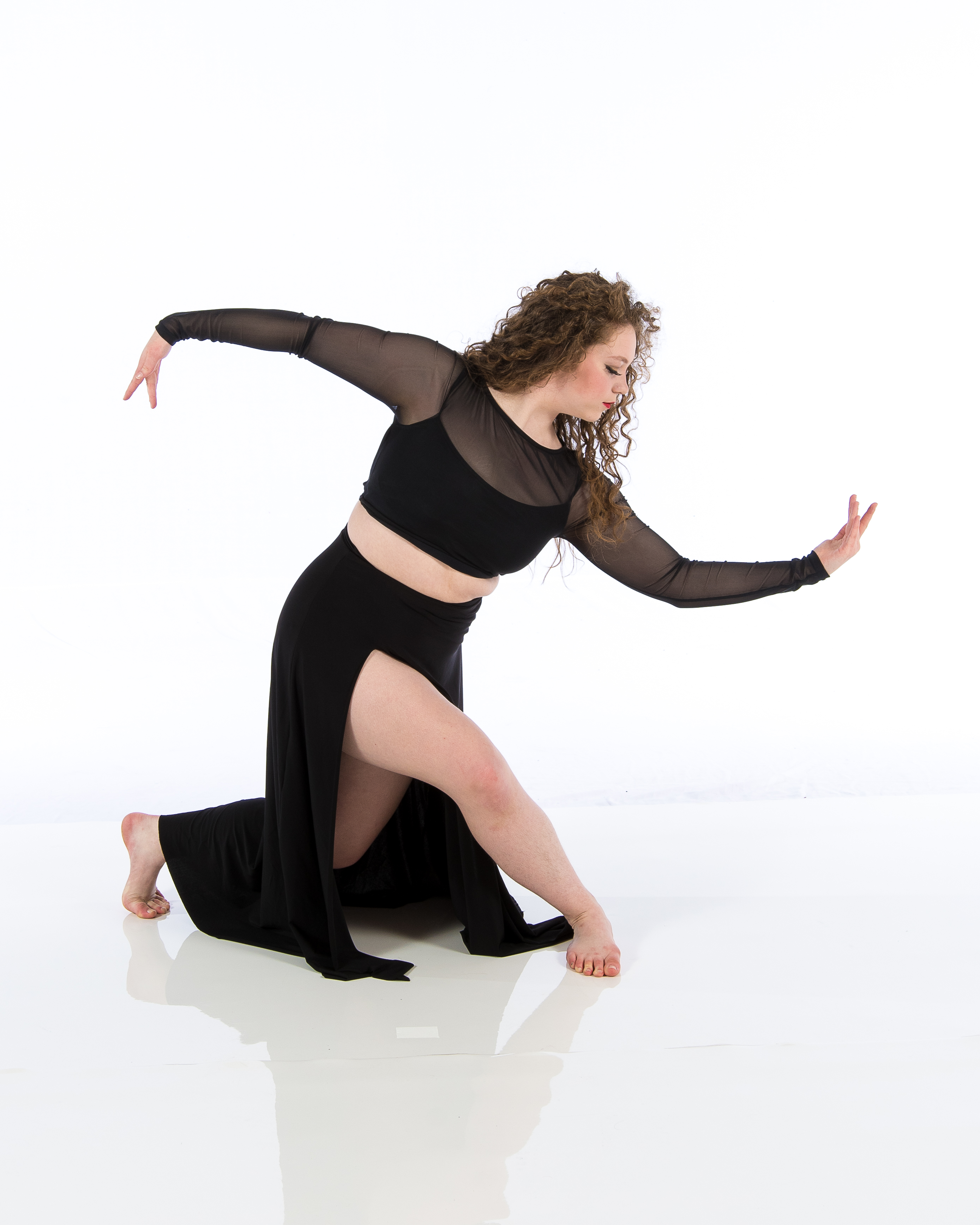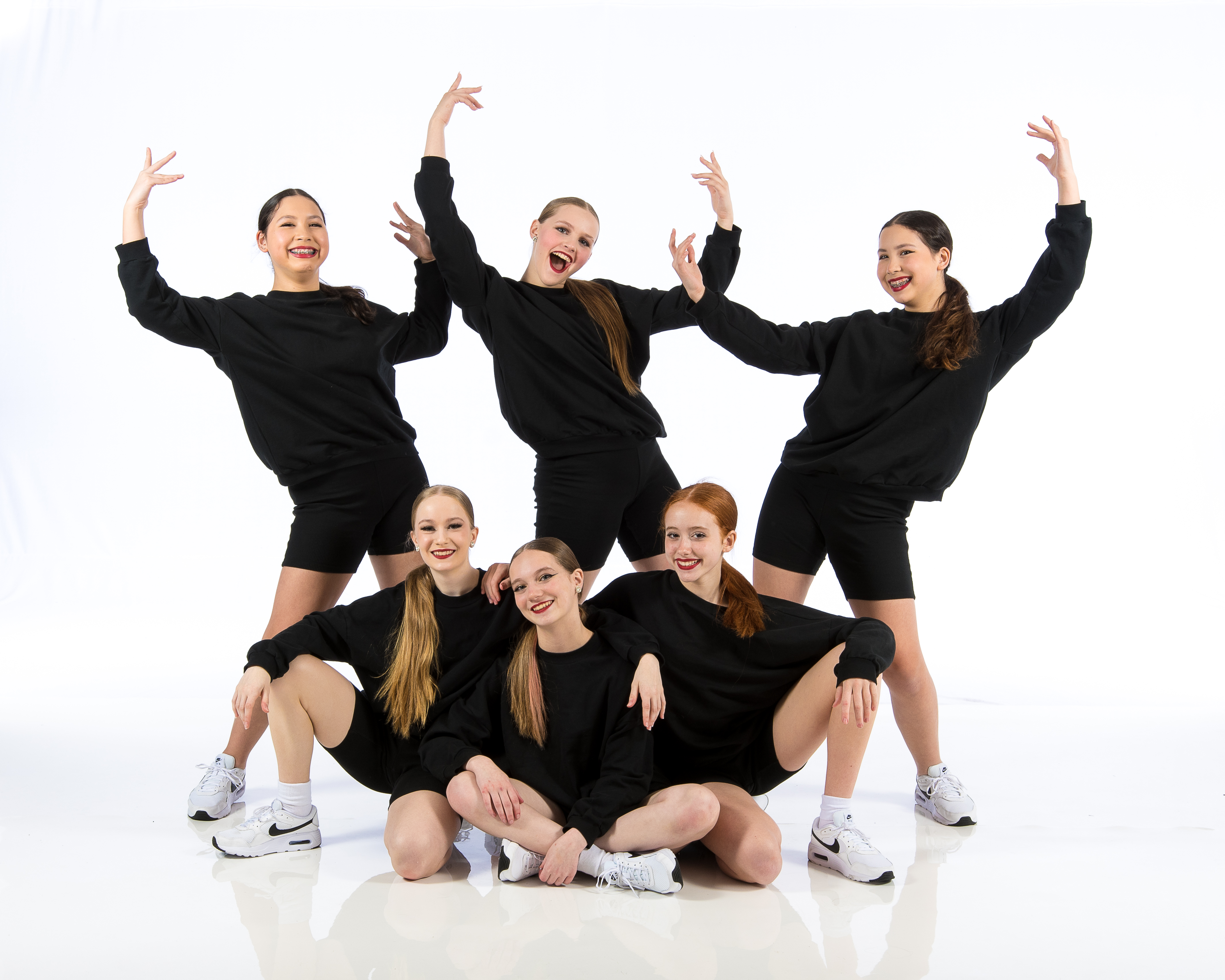Introduction
Dance is an art type that transcends obstacles, unites communities, and ruptureds with the vitality of human expression. Whether you're a budding professional dancer entering a dance studio for the very first time or a knowledgeable performer seeking to refine your craft, understanding dance studio rules is crucial for making certain a favorable experience. This comprehensive overview labelled From Beginner to Professional: Navigating Dance Studio Rules for a Harmonious Experience will take you through every aspect of dance studio habits, giving insights that will certainly boost your experience and foster stronger partnerships within the dancing community.
Understanding Dance Studio Etiquette
What is Dance Studio Etiquette?
Dance workshop decorum describes the collection of customs and social norms that govern actions in a dance classroom setting. Just like any other creative atmosphere, appreciating these guidelines can boost not only your discovering experience but likewise that of your peers.
Why is Dance Studio Rules Important?
Adhering to appropriate rules assists create an atmosphere of regard, focus, and partnership. It fosters a sense of community and allows dancers to support each various other in their development while reducing diversions throughout class.
From Amateur to Professional: The Importance of First Impressions
Preparing for Your Very first Class
Walking into a dance studio for the first time can be nerve-wracking. To make a remarkable first impression:
- Dress appropriately: Put on comfy outfit suitable for the sort of dance you're studying. Arrive early: Goal to come to the very least 10-- 15 minutes prior to course begins. This gives you time to check in, heat up, and settle in.
Greeting Your Instructor
A pleasant welcoming sets the tone for your experience. Constantly introduce on your own if it's your first-rate! A straightforward "Hi" or "Good morning" can go a lengthy means in establishing rapport.
Classroom Conduct: The Do's and Do n'tshtmlplcehlder 46end.
Do's: Favorable Behaviors
Be Respectful: Respect every person's individual room-- specifically when exercising moves. Listen Actively: Show listening when trainers are talking; it reveals you value their guidance. Support Your Peers: Motivate fellow dancers; positivity types encouragement.Don'ts: Unfavorable Behaviors
Avoid Distractions: Maintain individual conversations outside the classroom. Don't Usage Your Phone: Silence your phone throughout class; it's disruptive. Refrain from Interrupting: Wait until the instructor coatings before asking questions.The Role of Individual Room in Dance Studios
Understanding Boundaries
Personal space varies https://jsbin.com/jivotihufe from one person to another, especially in a dancing setup where physical distance is typically required throughout method routines.
Communicating Comfort Levels
If you really feel unpleasant with how close an additional professional dancer is obtaining throughout partnered workouts or formations, it's essential to interact this pleasantly and professionally.
Maintaining Professionalism and reliability: Outfit Code and Grooming
Importance of Appropriate Attire
Each dance style often has its very own dress code-- whether it be leotards for ballet or baggy clothing for hip-hop courses-- adhering to these criteria demonstrates respect for both your craft and your instructor.
Personal Health Matters
Dancing requires physical effort, which can lead to perspiration. Guarantee you preserve great hygiene by bathing prior to class and putting on tidy attire.
Behavior During Class: Focusing on Learning
Engaging with Instruction
It's vital to stay focused throughout presentations. Rather than simply watching, actively involve by visualizing just how you would certainly carry out each movement.
Asking Inquiries Appropriately
Curiosity improves learning! If something isn't clear, do not hesitate to ask concerns-- however ensure they are relevant and postured at proper times (ideally after guidelines).

Feedback: Embracing Positive Criticism
Accepting Comments Gracefully
Constructive objection is component development in any type of art form. Welcome comments with an open mind and stay clear of coming to be defensive; remember that review intends to aid enhance your skills!
Offering Comments Thoughtfully
When offering responses to peers, guarantee it's positive rather than critical; concentrate on what they succeeded alongside locations for improvement.
Creating Harmony With Teamwork
The Relevance of Group Spirit
In lots of dancing styles, team effort plays an essential function; developing camaraderie with fellow professional dancers leads to enhanced performances.
Collaborating Throughout Group Exercises
When involved in group tasks or choreography practices, encourage creative thinking by respecting everybody's ideas while likewise contributing yours constructively.
Handling Disputes Gracefully
Addressing Disputes Maturely
Conflict might occur due to misunderstandings or differing opinions on choreography options. Deal with these concerns privately instead of publicly airing complaints which could disrupt class harmony.
Seeking Mediation When Necessary
If problems escalate past individual resolution efforts-- look for advice from instructors that can mediate properly based on their experience dealing with comparable situations.
Post-Class Rules: Leaving on a Great Note
Thanking Instructors After Class
Always share appreciation towards your instructor after lessons; this reinforces positive relationships while recognizing their hard work!
Keeping the Studio Clean
Whether it's grabbing water bottles or nicely preparing props post-class-- maintaining tidiness shows respect for shared areas used by all dancers!

Engaging Beyond Class Time: Structure Neighborhood Relationships
Joining Social Events
Participate in social events organized by studios such as showcases or open homes-- these celebrations supply opportunities for networking while boosting neighborhood connections outside organized lessons!
Supporting Other Dancers' Performances
Attending peers' performances shows uniformity within the dancing area-- it motivates engagement past plain attendance at classes!
Frequently Asked Questions (Frequently asked questions)
1. What must I use for my first dance class?
Choose comfortable outfit ideal for the details design you're taking (e.g., leotards for ballet). Always ask about gown codes beforehand!
2. Is it alright to talk during class?
It's finest technique not to engage in side discussions during guideline as this sidetracks both teachers & & fellow trainees alike!
3. How do I deal with sensation overwhelmed?
Take deep breaths & & remind yourself that every dancer began somewhere! Interact any type of fight with teachers that might give extra aid if needed!
4. Suppose I disagree with choreography choices?
Express concerns pleasantly either independently or within designated responses sessions as opposed to honestly critiquing throughout practice sessions; keeping professionalism assists deal with arguments amicably!
5. Need to I bring water right into the studio?

6. Just how essential is punctuality?
Punctuality is vital as showing up late disrupts focus levels while causing distractions; objective constantly show up early enough enabling time warm-up correctly before courses commence!
Conclusion
Navigating via a dance studio environment can appear discouraging initially glimpse yet mastering correct rules ultimately changes one's trip from beginner status toward expert degree creativity! By sticking closely recognized behaviors detailed throughout this overview entitled From Amateur To Expert: Browsing Dance Studio Decorum For A Harmonious Experience *, you'll cultivate invaluable friendships within neighborhoods enriched imagination while sharpening technological prowess alongside appreciated advisors! So shoelace up those footwear with confidence tip onto that floor-- the globe awaits your one-of-a-kind expression with movement!